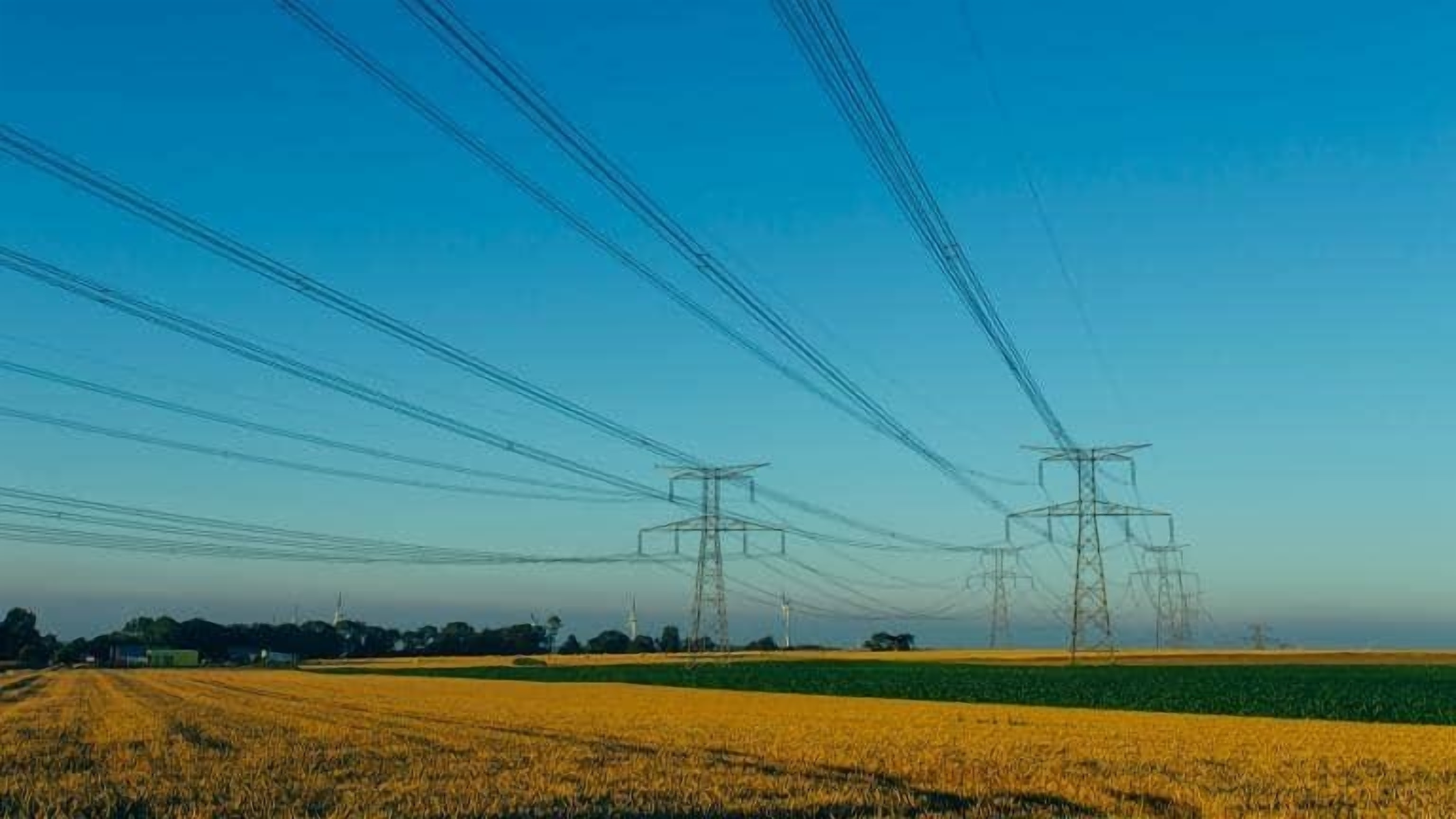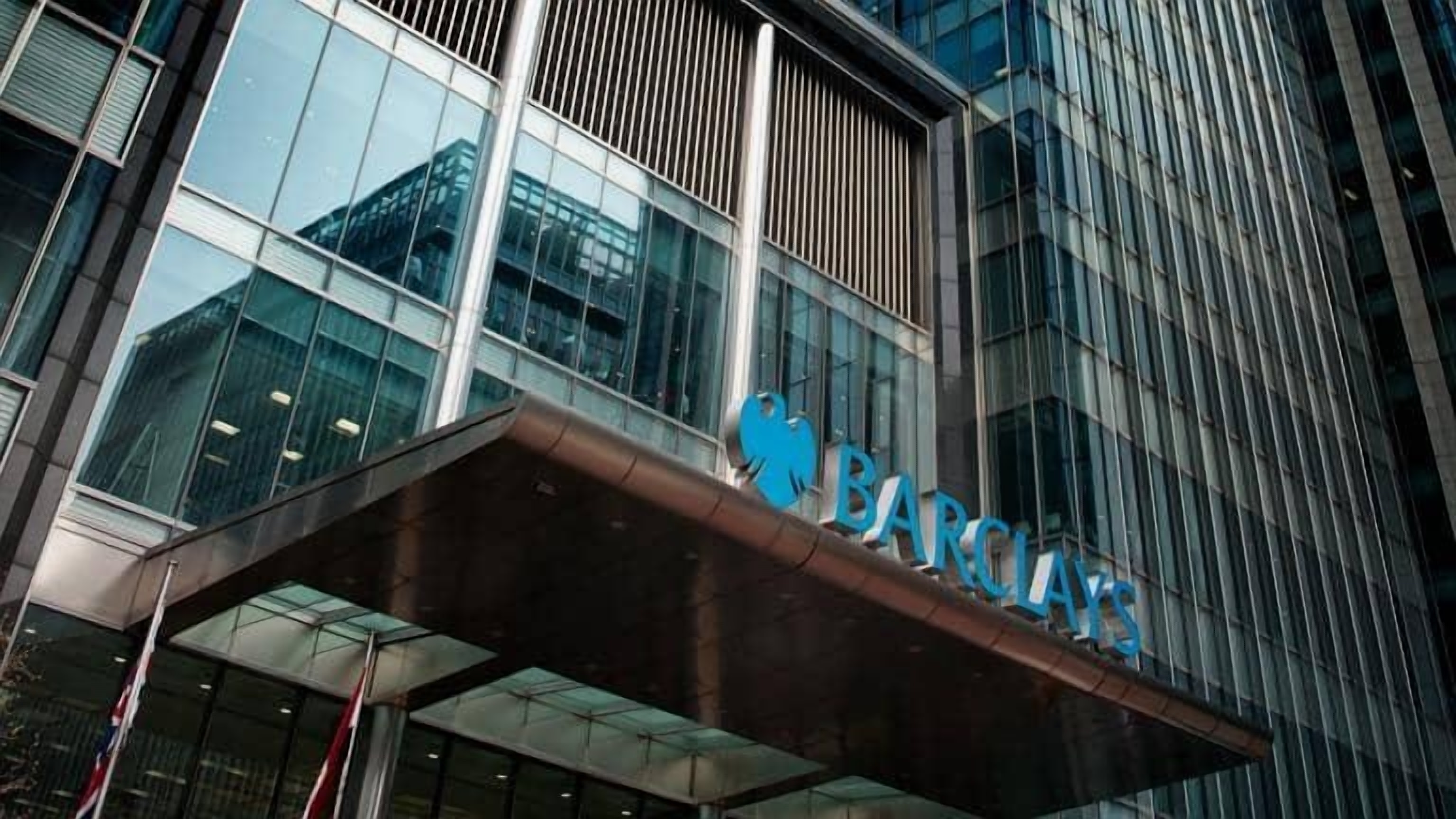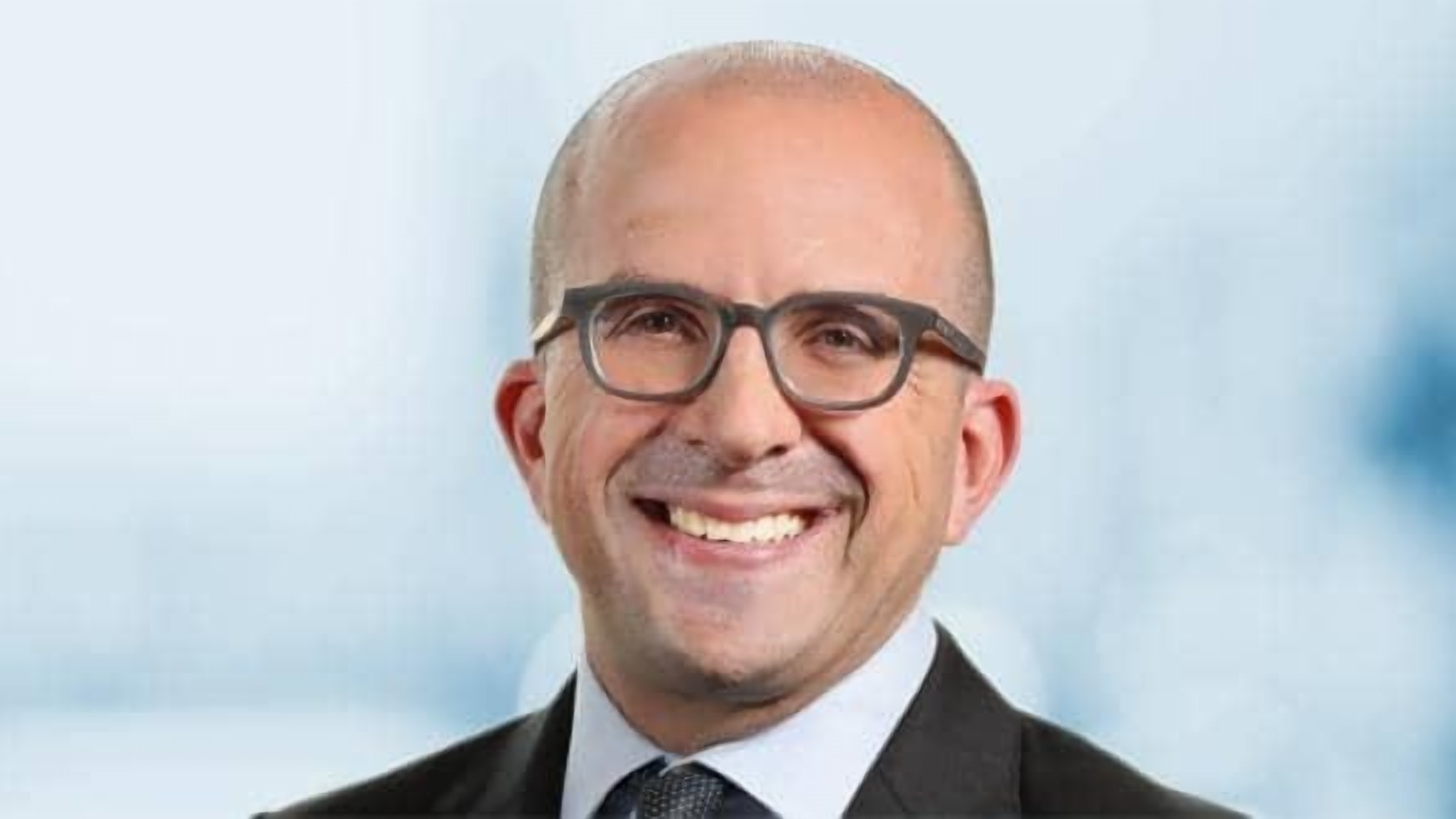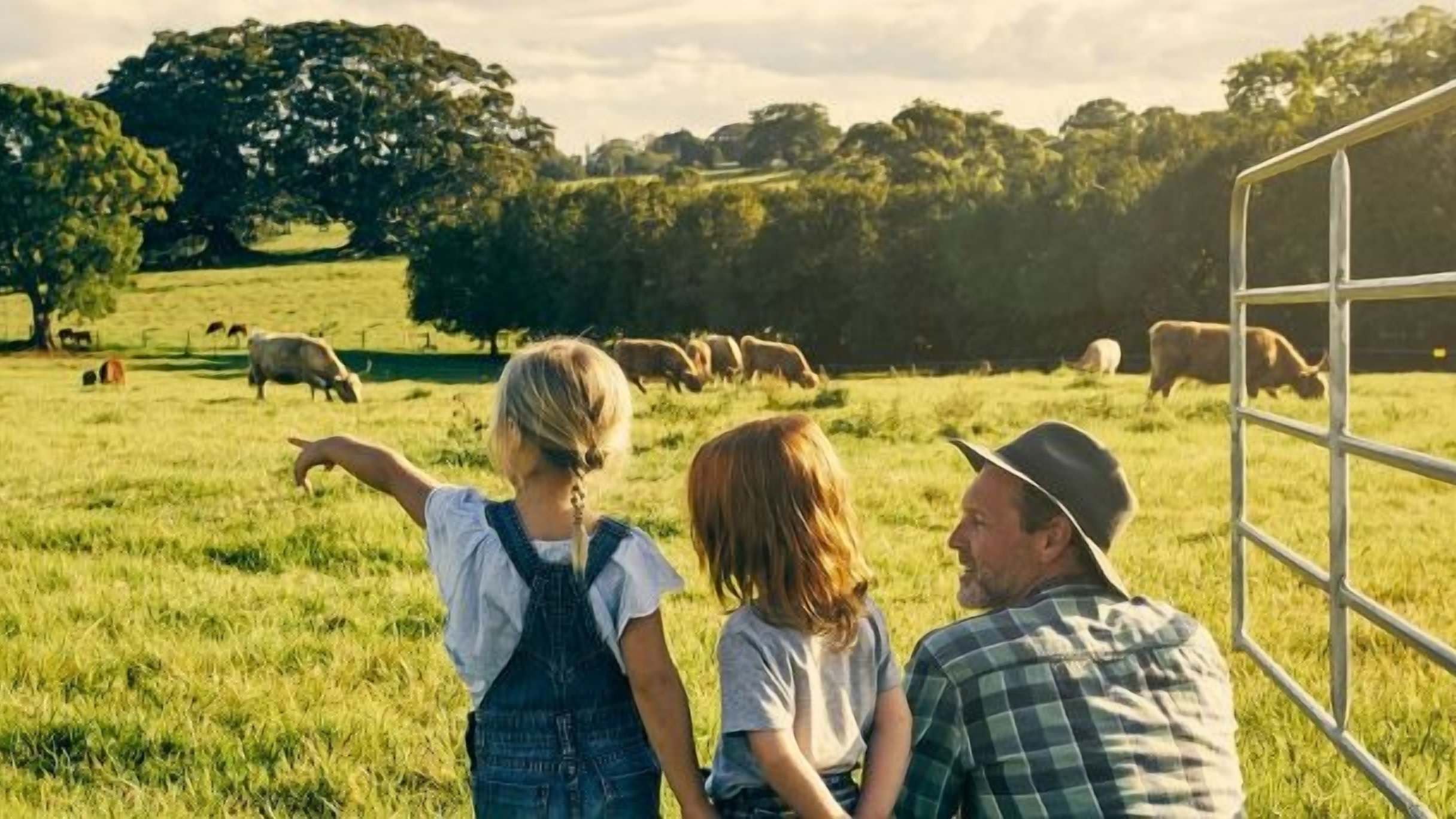Barclays and Oxford's Partnership for Sustainable Finance
Barclays PLC
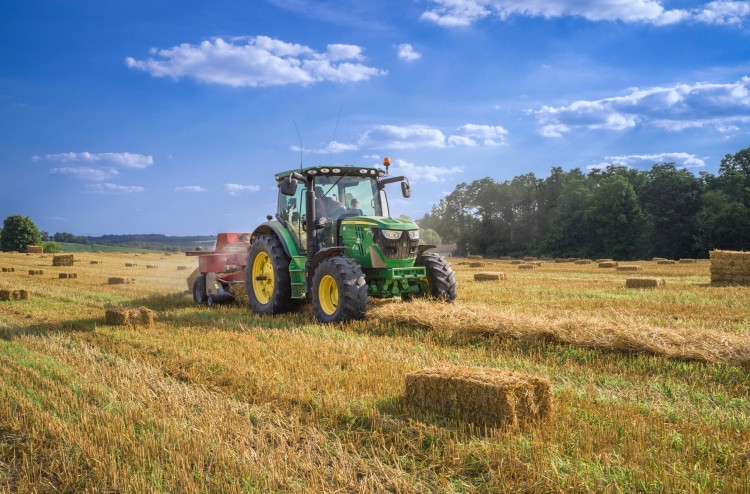
Barclays says it will work with the Sustainable Finance Group (OxSFG) at Oxford University and the UK Centre for Greening Finance and Investment (CGFI) for the next three years.
This groundbreaking project will help meet the urgent need for better emissions data and the creation of decarboniSation pathways1. This will let Barclays and other financial institutions help clients in the UK agriculture sector cut emissions and switch to more sustainable practices.
Barclays will use the methods developed through this partnership to set medium-term goals for reducing emissions caused by lending to agriculture clients2. This is a key part of the bank's promise to align its lending with the goals and timelines of the Paris Agreement.
Dr Ben Caldecott, Director of the Oxford Sustainable Finance Group and Director of the UK CGFI, said:
“The financial sector has a crucial role to play in unlocking the rapid decarbonisation of the agricultural sector. We're happy to work with Barclays on this project to make open data and analytics that can help people make better financial decisions. This project will support UK farmers and the UK agriculture sector to achieve net zero.”
Adam White, Barclays’ Head of Agriculture, said:
“We are very excited about working with the University of Oxford to deliver better farm-level emissions data. Farmers we talk to all over the UK want to help get to net zero, but they don't always know what steps to take or what those steps will mean. This work will enable us to support more customers in confidently taking the steps towards net zero in line with sector pathways and continue to support a vibrant UK agriculture sector.”
Given how important it is to have a steady supply of food and how much the farm industry contributes to greenhouse gas emissions in the UK, reducing carbon in the agriculture sector is a top priority. But it has been hard to keep track of emissions in a consistent way across the sector and to come up with acceptable indicators, especially for each farm.
As a founding member of the UN's Net-Zero Banking Alliance, Barclays has promised to set science-based goals for how it finances the sectors with the most greenhouse gas emissions, such as agriculture, by 2024.
Banks need to know what the baseline emissions are so they can set goals for reducing emissions that are based on science and can be achieved. It includes figuring out the best way to decarbonise the sector.
The Barclays-OxSFG project is trying to solve this problem by coming up with reliable ways to measure greenhouse gas emissions on farms and effective ways to reduce carbon emissions in the sector that are in line with the goals and timelines of the Paris Agreement.
Billy Suid, Barclays’ Group Head of Climate Risk, said:
“We are delighted to embark on this innovative partnership with The University of Oxford. Agriculture is one of the most important parts of society, and there are still a lot of questions about how it will change to a low-carbon economy. By putting in place a reliable way to track emissions and make transition plans, we can give the sector and the people who give it money the tools they need to change as much as they can. I look forward to our collaboration with Oxford as we take these next steps towards net zero together.”
These results will be incorporated into BlueTrack™, the bank's methodology for measuring financed emissions3 and tracking them at the portfolio level against a benchmark aligned with the Paris Agreement goals.
Also, the results of this project will be made public so that other financial institutions can use the valuable data and methods to calculate the emissions of their portfolios and set goals for reducing emissions. This mirrors the transparent approach Barclays has taken to date, sharing details of BlueTrack’s™ methodology in a series of whitepapers.
Source: Barclays



